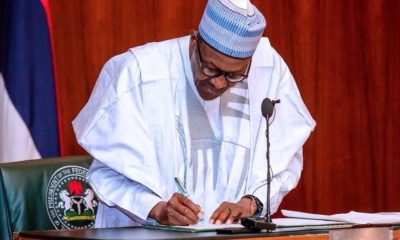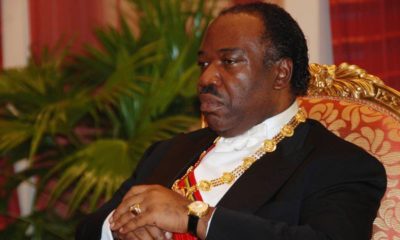WORLD NEWS
Kenya President Sworn-in As Police Block Rival Opposition Meeting
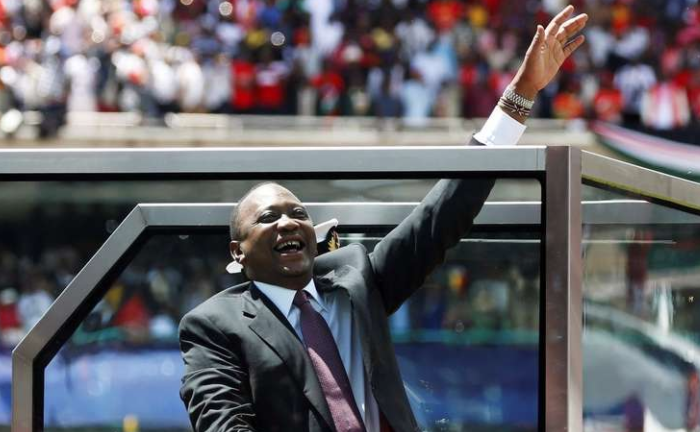
NAIROBI (Reuters) – Kenyan President Uhuru Kenyatta was sworn-in for a second five-year term in front of a rapturous crowd on Tuesday as riot police sealed off an area where the opposition planned a rival gathering and teargassed people trying to reach it.
At a lavish inauguration attended by the heads of many African nations, Kenyatta did his best to paint a picture of a country moving beyond that divide.
But, he warned, Kenyans needed to “free ourselves from the baggage of past grievances, and … keep to the rule of law”.
Such words may ring hollow to citizens accustomed to the government ignoring reports on corruption from the country’s auditor-general and documentation of hundreds of extrajudicial police killings every year from human rights groups.
Last year, Kenyatta angered many Kenyans by saying he wanted to tackle corruption but his “hands are tied”. His government has also promised to improve police accountability, but an independent watchdog has only ever managed convict two officers of murder despite thousands of brutality complaints.
On Tuesday, at least one Odinga supporter was killed and three others were injured, a Reuters witness said. Other witnesses said the man had been shot by the police.
A statement from Odinga said five people were shot, including his daughter’s driver.
RIOT POLICE
Less than an hour after Kenyatta spoke, Kenyan national television carried pictures of riot police swinging clubs at civilians with their hands up.
“I didn’t hear him (Kenyatta) say a single word on corruption and how he’s going to fight it. I didn’t hear anything on justice,” said prominent anti-corruption campaigner Boniface Mwangi. “When he says that there’s the rule of law, his actions and the actions of his government show there’s no rule of law.”
Kenyatta won a repeat presidential election on Oct. 26 that was boycotted by Odinga, who said it would not be free and fair. The Supreme Court nullified the first presidential election, in August, over irregularities.
Supporters of Kenyatta – who won the October poll with 98 percent of the vote after Odinga’s boycott – want the opposition to engage in talks and move on.
“I’m sure Uhuru will be able to bring people together and unite them so we can all work for the country,” said Eunice Jerobon, a trader who traveled overnight from the Rift Valley town of Kapsabet for the inauguration.
But Odinga’s supporters see such talk of unity as tantamount to surrender. Many of them are drawn from poorer parts of the country, and feel angered because they say they are locked out of power and the patronage it brings.
Political arguments often have ethnic undercurrents, with Odinga’s supporters pointing out that three of the country’s four presidents have come from one ethnic group, the Kikuyu, although the country has 44 recognized groups.
Odinga accuses the ruling party of stealing the election, overseeing rampant corruption, directing abuse by the security forces and neglecting vast swathes of the country, including Odinga’s heartland in the west.
“This election of October 26 is fake. We do not recognize it,” Odinga told supporters from the rooftop of a car. “On Dec. 12, we will have an assembly that will swear me in.”
Shortly after that, riot police teargassed his convoy and charged his supporters.
LIVING STANDARDS
The opposition had planned to hold a prayer meeting in the capital on Tuesday, saying it wanted to commemorate the lives of Odinga supporters killed during confrontations with the security forces over the election period.
More than 70 people have been killed in political violence this election season, mostly by the police. Such killings are rarely investigated and police are almost never prosecuted.
Riot police sealed off the scene of the rally early in the morning, and fired teargas at residents, trying to prevent a crowd from gathering, as a helicopter hovered overhead. Several roads were blocked by burning tyres, rocks, glass and uprooted billboards.
While Kenyatta’s speech glossed over corruption and impunity of politicians and security officials, he promised to raise living standards by increasing jobs, home ownership, electricity connections and health insurance coverage.
Heads of state from Somalia, Rwanda, Uganda, South Sudan, Ethiopia, Djibouti, Zambia and other nations watched as Kenyatta gave a speech peppered with promises, including one to loosen restrictions on travel and owning property for other Africans.
All Africans can now get visas on arrival in Kenya, and members of the East African community can own property, work and live in Kenya, Kenyatta said, adding “to underscore Kenya’s commitment to pan Africanism, this shall not be done on the basis of reciprocity”.
More than 60,000 Kenyatta supporters, many clad in the red and yellow Jubilee party colors and carrying Kenyan flags, filled the stadium benches.
Thousands of others waited outside. Some, chafing at the restrictions, overwhelmed police and streamed in. Officers fired teargas to control them.
Sourced From: Reuters: World News

WORLD NEWS
Singapore Reports 931 New Coronavirus Cases, Taking Total To 13,624
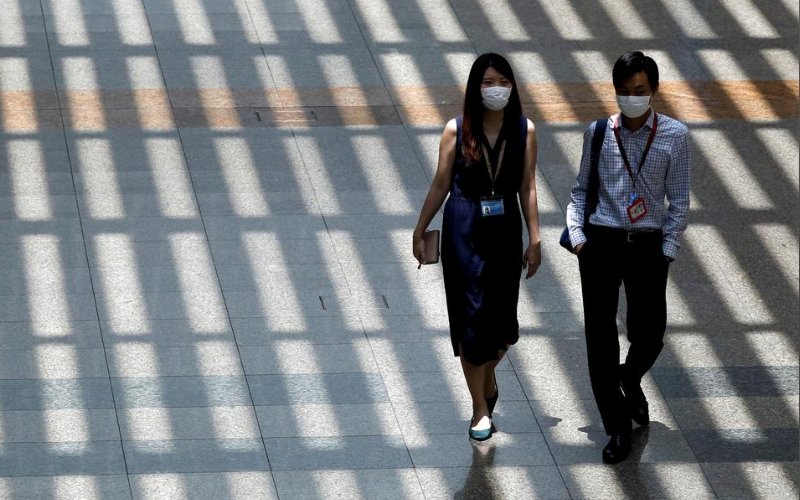
Singapore registered 931 new coronavirus infections, its health ministry said on Sunday, taking the city-state’s total number of COVID-19 cases to 13,624.
The vast majority of the new cases are migrant workers living in dormitories, the health ministry said in the statement. Fifteen of the new cases are permanent residents.
The number of new cases rose from 618 reported on Saturday.
The tiny country of 5.7 million people now has one of the highest infection rates in Asia, according to official figures, due to outbreaks in cramped dormitories housing over 300,000 mainly South Asian workers.
Sourced From: Reuters: World News
WORLD NEWS
Spain’s Kids Prepare For Freedom After Six-Week Lockdown
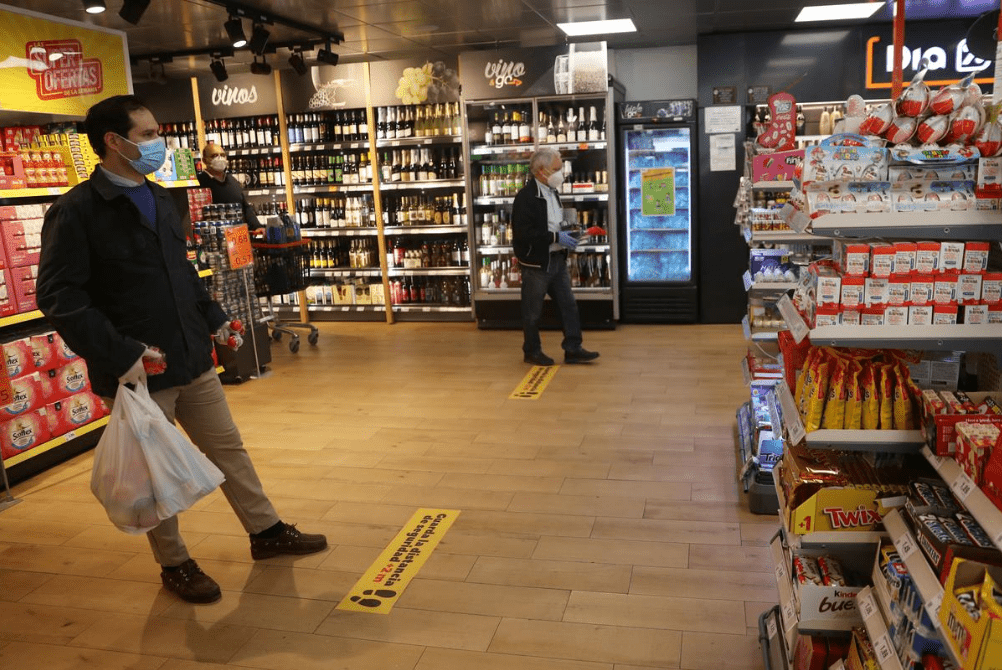
Spain released guidelines on Saturday allowing children to go outside after six weeks living under one of Europe’s strictest lockdowns, as figures showed a daily coronavirus death toll of 378, up slightly on Friday’s 367, the lowest in the past month.
The total of fatalities rose to 22,902 and Spain’s Health Ministry said the overall number of coronavirus cases rose to 223,759 from 219,764 the day before.
Yet Spain sees enough evidence of the virus being under control to start easing its lockdown. Children were trying out their masks in anticipation of their first taste of fresh air since Prime Minister Pedro Sanchez declared a state of emergency on March 14.
The government said under 14s will from Sunday be allowed up to one hour of supervised outdoor activity per day between 9am and 9pm, staying within one kilometre of their home.
Adults can accompany up to three children, who will not be allowed to use playparks and must adhere to social distancing guidelines, remaining at least two metres from other people.
The government has not yet said when confinement measures will be eased for older children.
In Pineda de Mar, northeast Spain, volunteer seamstresses were hard at work making face masks for children ahead of the deconfinement measure.
“More than 100 people are making protective equipment,” the town’s mayor Xavier Amor told Reuters. “We started with masks and then we followed the demand of hospitals, health centres, and nursing homes.”
As bars and restaurants eye a gradual reopening one company is devising safety measures to encourage wary clients to return.
Leganes-based LlenaTuBar, whose name translates as fill up your bar, is fitting dining tables with clear plastic screens to protect customers and installing thermal cameras to detect any patrons with a fever.
“It’s a critical situation for the hospitality sector and if we’re locked down much longer, people will struggle to reopen their businesses,” owner Manuel Gil told Reuters.
As the economic fallout from the virus continues to build, Prime Minister Pedro Sanchez reiterated calls for a pan-European response.
“The depth of the economic downturn and the risk that its effects will persist after the health emergency requires that a foundation be laid for a rapid, balanced, environmentally sustainable and socially just recovery,” Sanchez wrote in a piece for newspaper Expansion on Saturday.
The Health Ministry on Friday changed the methodology for logging cases of the virus. It will no longer count antibody tests and will only include positive results from PCR tests.
Discounting antibody tests puts Saturday’s total number of cases at 205,905 and Friday’s at 202,990.
Sourced From: Reuters: World News
WORLD NEWS
Putin Exploits Coronavirus To Justify Centralized Russian Power
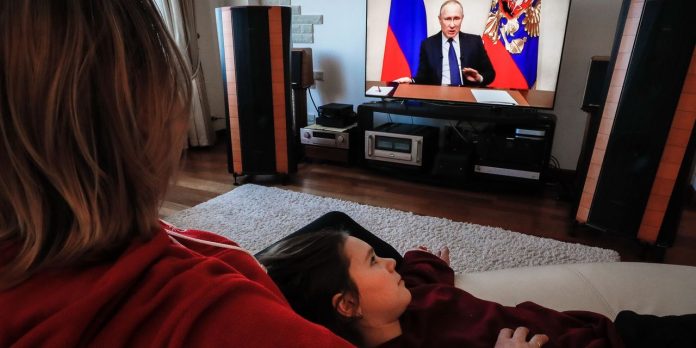
MOSCOW —The coronavirus pandemic has given Russian President Vladimir Putin a fresh opportunity to drive home for worried Russians a recurring theme of his long reign: Western liberal democracies are weak, globalism is fragile and the Russian model of centralizing power in a strong leader is superior in times of crisis.
Throughout much of the pandemic, the Kremlin leader has sought to project strength and calm, assuring his people that the spread of the new coronavirus is under control in Russia, even as it has killed 14,000 and likely more.
Sourced From: NewsPrime.Org
Tribune
Bill Gates Spends $200m On Toilet Turning Human Waste To Fertilizer
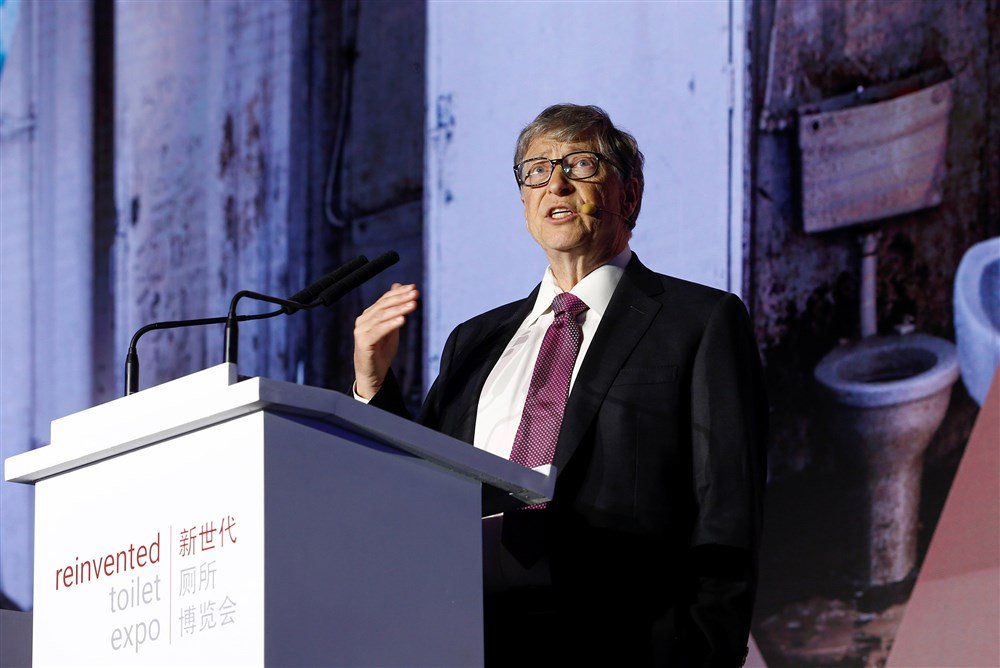
Microsoft co-founder Bill Gates unveiled a futuristic toilet Tuesday that doesn’t need water or sewers and uses chemicals to turn human waste into fertilizer.
It is the brainchild of research projects funded by the Bill and Melinda Gates Foundation, the world’s biggest private philanthropy organization.
There are multiple designs of the toilet but all work by separating liquid and solid waste, Reuters said.
“The current toilet simply sends the waste away in the water, whereas these toilets don’t have the sewer,” Gates said. “They take both the liquids and solids and do chemical work on it, including burning it in most cases.”
He compared the change from traditional toilets to waterless models as similar to development in computing around the time he founded Microsoft in the mid-1970s.
“In the way that a personal computer is sort of self-contained, not a gigantic thing, we can do this chemical processing at the household level,” he said.
Poor sanitation kills half a million children under the age of five annually and costs $ 200 billion a year in healthcare costs and lost income worldwide, according to the foundation.
Gates’ foundation has committed roughly $ 200 million to the toilet project and expects to spend the same amount again before the toilets are viable for widespread distribution.
During a speech at an event in Beijing, Gates held up a clear jar of human faeces to illustrate the importance of improving sanitation.
“It’s a good reminder that in (the jar) there could be 200 trillion rotavirus cells, 20 billion Shigella bacteria, and 100,000 parasitic worm eggs,” he said.
Gates said the next step for the project is to pitch the concept to manufacturers, saying he expects the market for the toilets to be over $ 6 billion by 2030.
The billionaire also lauded the globalized and free trade systems that made the toilet technology possible.
“I honestly believe trade allows every country to do what it’s best at,” he told Reuters in an interview. “So when I talk about components of this toilet being made in China, others in Thailand, others in the United States, you really want to be bringing together all of that IQ so that you’re getting that combination.”
Sourced From: Tribune



